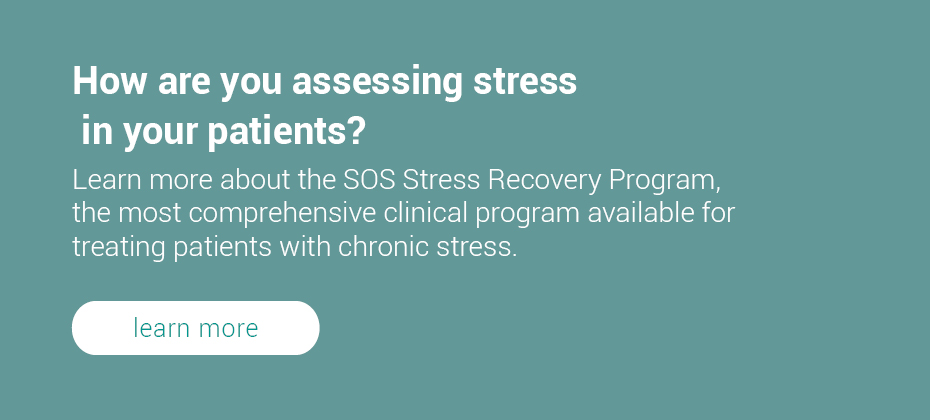When our patients have symptoms of fatigue, weight gain, dry skin, hair loss and constipation, we evaluate the thyroid with lab testing. When our patients have symptoms of bloating and gas, nausea, heartburn, alternating constipation and diarrhea, a common approach is to order a stool test and assess alterations in enzymes, the microbiome or “leaky gut.” And when our patients have symptoms of reduced libido, hot flashes, vaginal dryness, emotional lability and anxiety, it makes sense to check their hormone levels. But are these truly functional approaches?
From my perspective, we can’t say they are functional approaches if we don’t incorporate an evaluation for the control mechanisms of these end-organ functions.
So, what part of the body controls, regulates and coordinates thyroid, intestinal and gonadal functions? The answer is the hypothalamus. That’s right, the brain is the “upstream” function that coordinates each of these “downstream” systems, and much more, in the face of changing external and internal environments. The hypothalamus registers changes in external temperatures, light and dark, and perceives threats, such as an unhappy boss or a growling dog, and then initiates changes in our systems, often through our autonomic nervous system and endocrine system.
Some examples of the coordination by the hypothalamus when faced with high stress include cortisol released from the adrenal gland, declining TSH levels, reduced T4 conversion to T3, markedly diminished secretory IgA levels, and motility changes of the gut.
Because the brain controls such a vast array of coordinated functions, it’s apparent to me that the hypothalamus is the gateway to managing most chronic conditions in our patients. So, when was the last time you assessed your patients’ hypothalamic function with a validated laboratory assessment?
A salivary hormone test that measures cortisol awakening response (CAR) is one such assessment. The CAR is truly a stress test for the brain. When normal, the CAR indicates the expected capacity to regulate a healthy stress response. When it is overactive, it can indicate an exaggerated response to stress and often is a sign there may be a history of trauma as part of chronic poor health or perhaps sleep apnea. When the CAR is flattened, it is an indicator of the depletion of neurotransmitters in the hypothalamic nuclei such as glutamate, dopamine and norepinephrine, and that the stress response is disorganized and dysfunctional.
The CAR is an excellent assessment tool when used in conjunction with:
- the diurnal collection of cortisol for assessment of adrenal response
- thyroid lab markers to see the effects of stress on the thyroid function
- stool tests to get a more complete picture of the effects of stress on the GI tract
- sex hormones to see the effects of stress on gonadal output
Again, to have concern only for the end-organ products of cortisol, T4 and T3, or estradiol and progesterone, does not fit with a functional medicine paradigm. To include an assessment of the hypothalamus and its function is to look upstream and provide a more accurate picture of stress response, facilitate better clinical decision making, and set clear expectations for recovery.

Christopher Mote, DO, DC, IFMCP
Christopher Mote, DO, DC, IFMCP earned his doctorate in osteopathy from the Chicago College of Osteopathic Medicine at Midwestern University. He earned his doctorate in chiropractic and Bachelor of Science in human biology from the National University of Health Sciences (NUHS) in Lombard, Illinois, and is certified in Functional Diagnostic Medicine.
Dr. Mote also serves as the SOS Stress Recovery Program Clinical Expert at the Lifestyle Matrix Resource Center. With a focus on addressing the root cause of health concerns, Dr. Mote specializes in the diagnosis and treatment of chronic health disorders.




